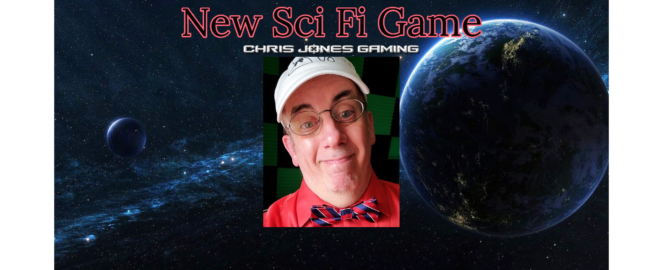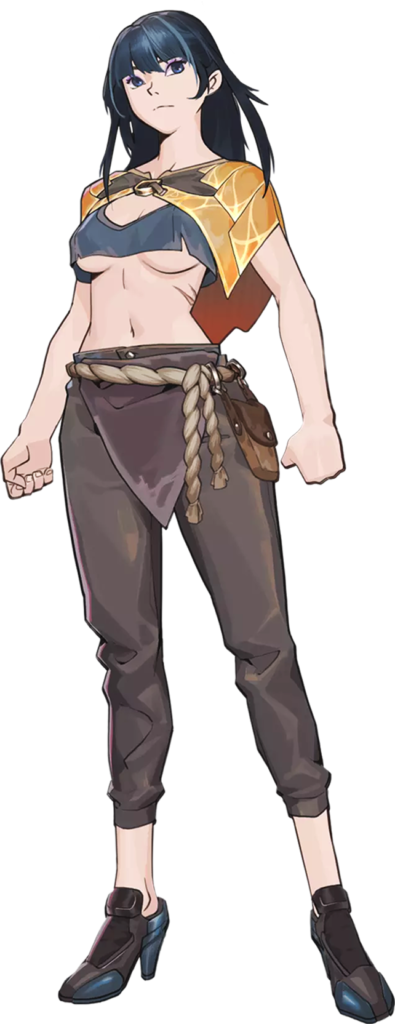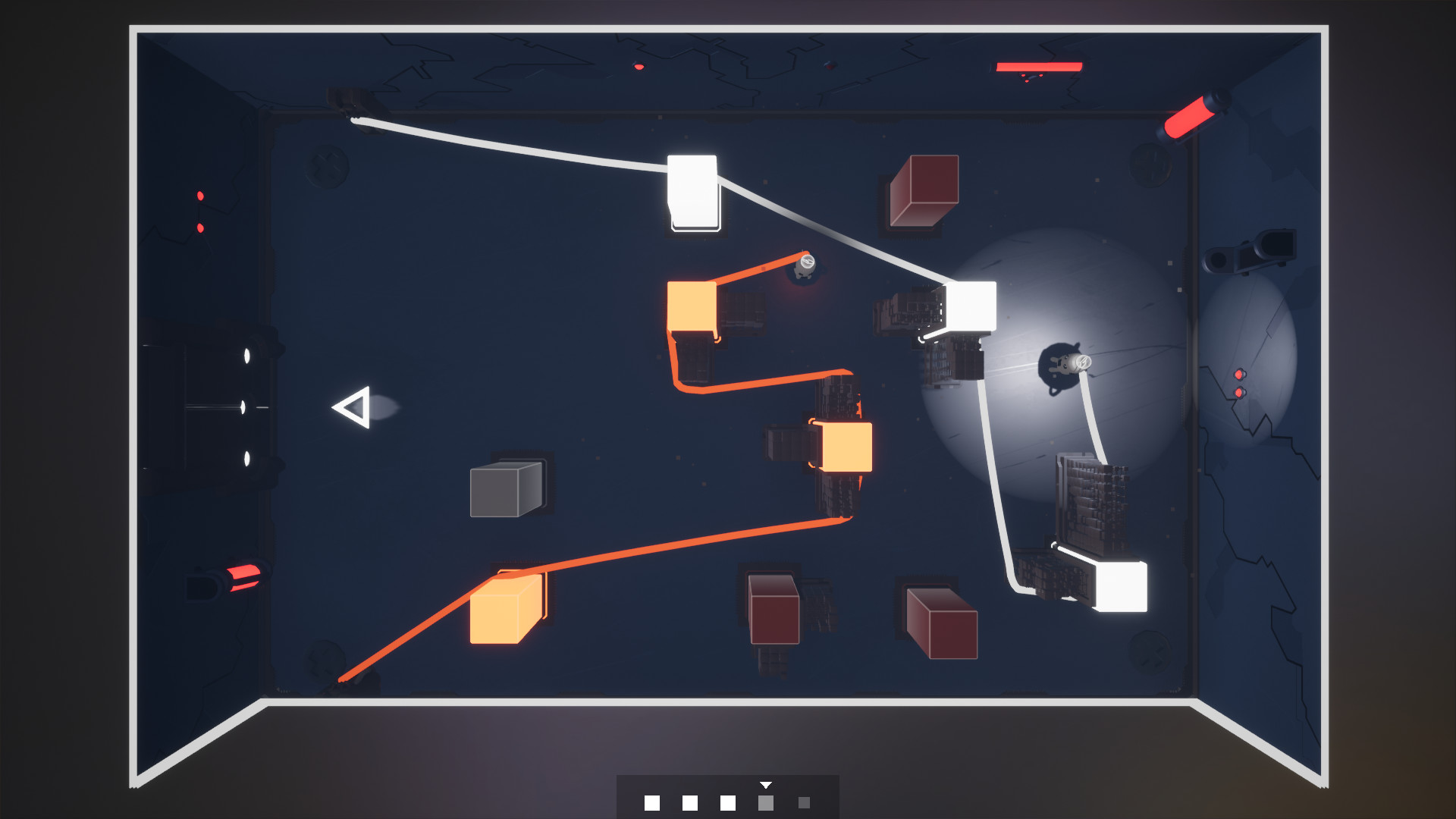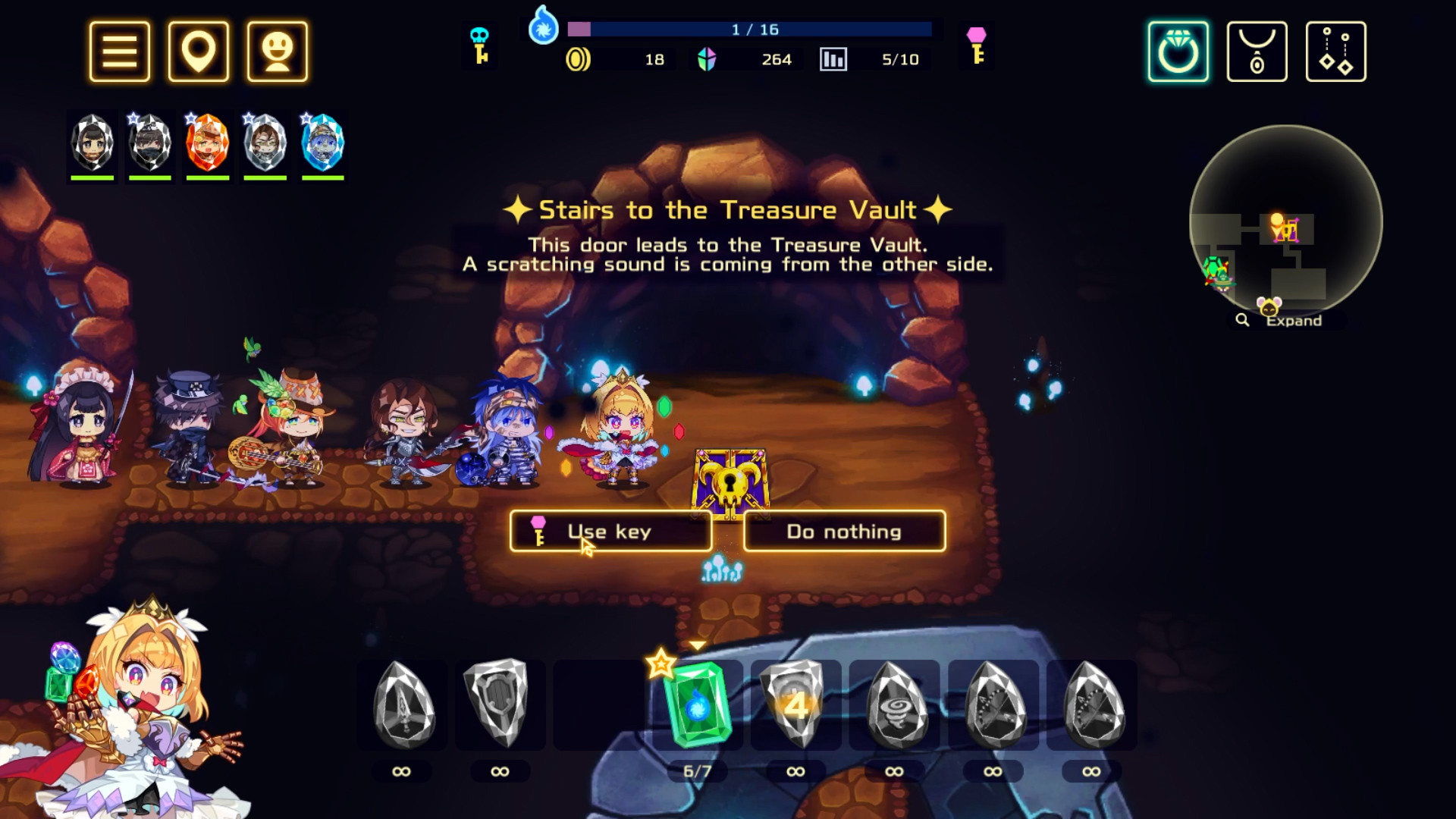From Concept to Launch: Stand Out with a Customized App
By Chris Jones Gaming contributor Micah Norris
In today’s digital-first world, creating an app for your business isn’t just an advantage; it’s a necessity. Embarking on this journey requires a clear vision, a deep understanding of your audience, and a strategic approach to stand out. This Chris Jones Gaming guide will navigate you through the essential steps to turn your app idea into a powerful business tool.
Identifying Goals and Who You’re Building For
Firstly, understand the core objectives behind your app. Are you looking to enhance customer service, provide a new service, or improve operational efficiency? Pinning down the exact purpose will guide your development process. Equally important is knowing your audience. A detailed user persona will inform your design, features, and marketing strategies, making your app resonate with its intended users.
Leveraging a Computer Science Foundation
Acquiring a firm grasp of the fundamental principles of application development is vital, particularly when taking charge of a project. Enrolling in a program to get your computer science degree online facilitates learning alongside your professional commitments. It provides an extensive understanding of data structures, programming languages, algorithms, and more.
These components are indispensable in the app development journey. Opting for the online route to attain your computer science degree empowers you with the essential expertise required for adept project leadership and proficient development.
Work with a Mentor
Working with a mentor when launching the first app for your business can provide invaluable insights and guidance, ensuring that common pitfalls are avoided and best practices are followed. A mentor brings a wealth of experience and can help refine your app’s concept, design, and functionality, making it more appealing to your target audience. They can also offer advice on marketing and user engagement, critical components for the success of your app.
Moreover, a mentor can introduce you to a network of potential investors, partners, and other resources that can be crucial in the early stages of your app’s launch. Their feedback can be instrumental in iterating and improving your app based on real user experiences, thereby enhancing its chances for success in a competitive market. Engaging with a mentor is not just about leveraging their knowledge but also about fostering a relationship that can support the growth and scalability of your business in the long term.
Navigating the Competitive Landscape
Dive into market and competitor analysis to carve out your niche. This exploration reveals what’s already available and where your app can shine. Identifying unmet needs within your target market or offering a superior solution to existing problems can set your app apart from the competition.
Budgeting and Resource Planning
Every app’s journey from concept to launch is dictated by its budget and resources. Deciding whether to hire a dedicated team, outsource, or use a DIY app builder will significantly impact your project’s cost and timeline. A realistic budget aligns with your business goals, ensuring the project stays on track financially and operationally.
Ensuring a Seamless Launch with Rigorous Testing
Before unveiling your app to the world, thorough testing is imperative. This phase uncovers any technical issues, ensuring your app works flawlessly across different devices and operating systems. A bug-free, user-friendly app is more likely to garner positive reviews and retain users.
Crafting a Compelling Marketing Strategy
A well-thought-out marketing plan is essential for your app’s success. Utilizing social media, email campaigns, and influencer collaborations can elevate your app’s visibility. Tailor your marketing efforts to speak directly to your target audience, highlighting the unique benefits your app offers.
The Power of Analytics
Incorporating analytics tools from the start allows you to gather valuable data on user behavior and engagement. These metrics, such as session duration and feature usage, guide ongoing improvements by highlighting what works well and what doesn’t. By continuously refining features based on this data, you enhance user experience and drive business growth through informed decision-making.
Prioritizing the User Experience
The heart of your app’s success lies in its usability, which is paramount in retaining users and encouraging new downloads. Focusing on intuitive design ensures that users can navigate your app with ease, while fast load times prevent frustration and abandonment. Engaging content keeps users interested and returning for more, turning satisfied users into loyal customers who advocate for your app through word of mouth and social shares.
Wrapping Up
Creating an app for your business is a transformative journey that requires careful planning, dedication, and a user-centric approach. You can develop an app that meets and exceeds expectations by focusing on your goals, understanding your audience, and leveraging the right resources.
Remember, the goal is to launch an app and create a valuable tool that enhances your business and delights your users. Embrace the challenge, and let your app be the key to unlocking new opportunities for growth and engagement.













:strip_icc()/pic3436488.jpg)